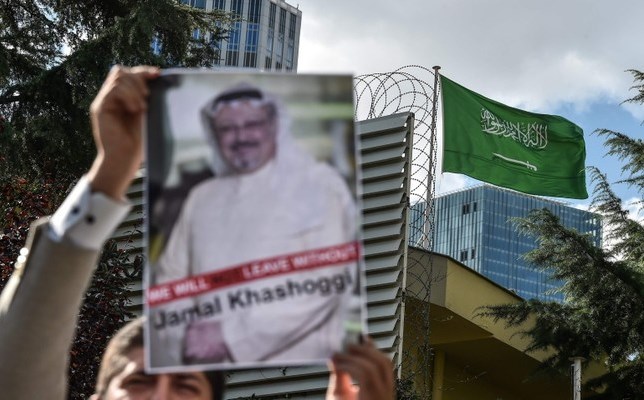
The authorities in Saudi Arabia continue their policy of threatening and repressing journalists with dismissal, imprisonment or even murder, setting world records by being at the bottom of the list of countries – ranked 170 out of 180 countries on the World Press Freedom Index.
While the United Nations celebrates World Press Freedom Day on 3 May, 2021 under the slogan “Information as a Public Good,” the Saudi government continues to obscure news and prevent individuals and journalists from accessing information – a major obstacle to them in the course of their mission to impart information and create public opinion.
The blackout and lack of transparency in Saudi treatment is in addition to the direct violations against journalists and bloggers. According to Reporters without Borders (RSF), Saudi Arabia is still detaining at least 32 journalists. Detained journalists suffer abuse in prisons. The Saudi government also continues to prohibit the existence of media outlets that do defer to government authorities, and it also imposes restrictions on websites.
This is compounded by the lack of accountability for the exposure of journalists and the widespread policy of impunity. In the case of journalist Jamal Khashoggi, who was killed in October 2018 at the Saudi consulate in Turkey, the Saudi government is refusing to investigate officials found to have been involved in the crime. Although seven years have passed since the killing of the photographer Hussain al-Faraj in February 2014 while covering the demonstrations in the Qatif region, no investigation has been opened to hold his killers accountable.
ESOHR points out that the continued targeting of journalists in Saudi Arabia is the product of a completely anti-journalistic approach. In March 2021, RSF filed a complaint with the German Federal Court of Justice regarding a series of crimes against humanity committed against journalists in Saudi Arabia; RSF found that five officials are responsible for these crimes, including Crown Prince Mohammed bin Salman.
The organization asserts that the policy of impunity, combined with official regulations is restricting freedom of the press, has created a hostile environment for journalists and their work. The organization believes that holding accountable those responsible for the killing and arbitrary detention of journalists and the unfair sentences imposed upon them is the first step to ensuring freedom of the press.
